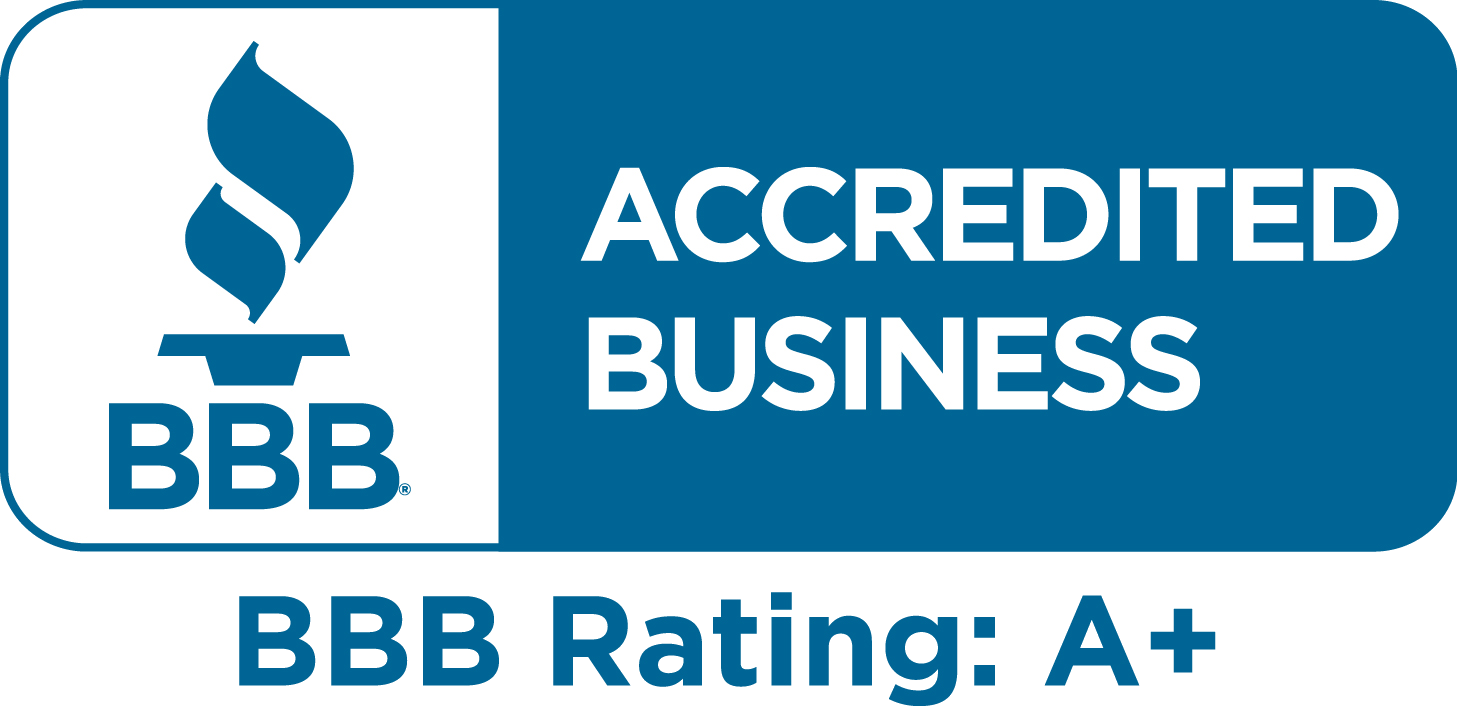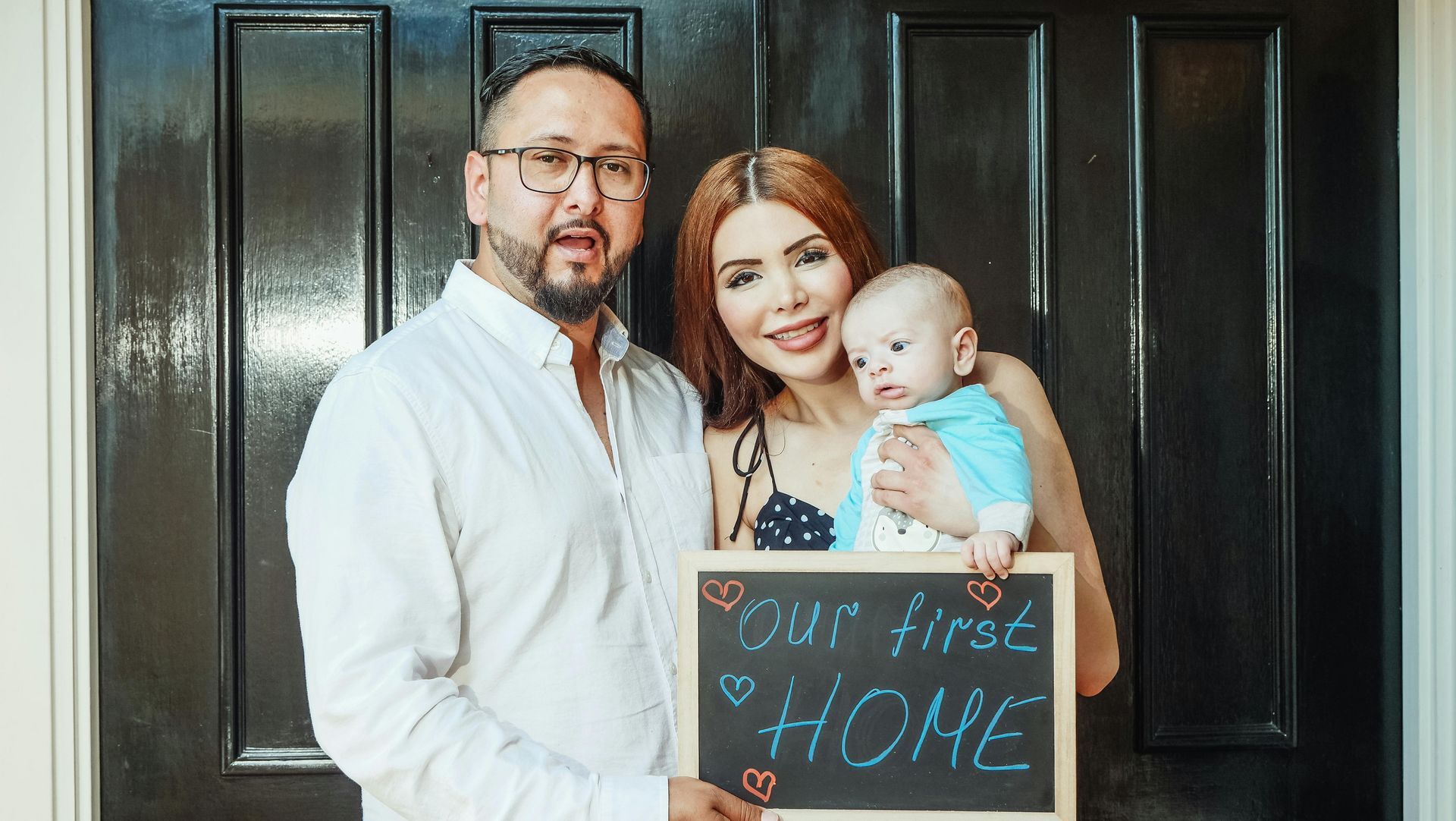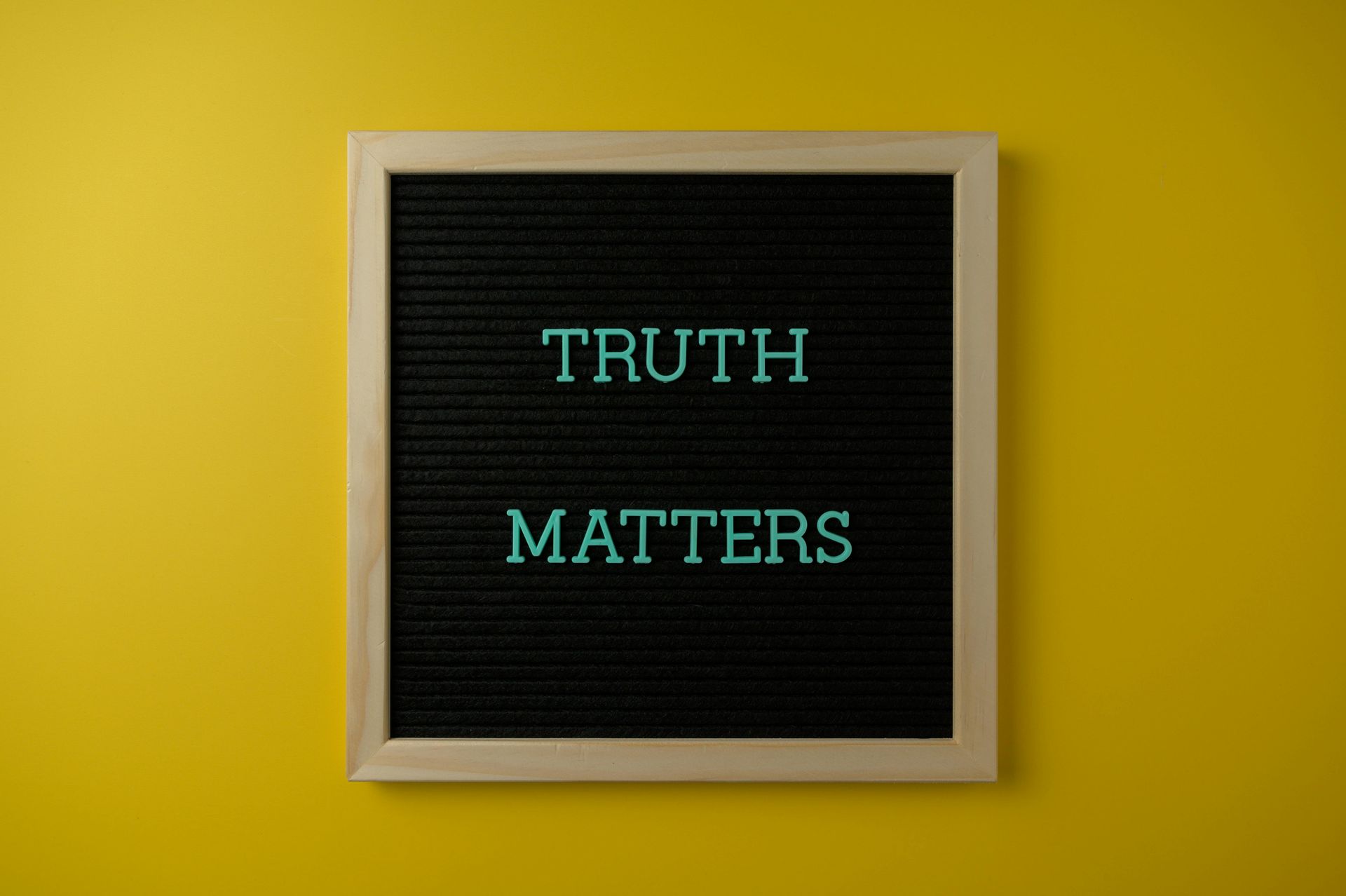Home Buying When You Are Self-Employed
How Lenders Calculate Self-Employed 1099 Income for Buying a Home
Buying a home can be exciting, but it’s a bit different if you’re self-employed and earn 1099 income. Lenders need to make sure you can afford the house, but they calculate your income differently than they would for someone with a regular paycheck. Let’s break it down and look at how brokers might give you more options. Plus, we’ll share some helpful tips along the way! 🏡
1. Calculating Your Income
Lenders don’t just look at the total amount of money you make. They look at your net income, which is the money you have left after expenses. This is because self-employed people often write off business costs, and lenders want to see what’s left over.
Here’s how it works:
- Lenders usually look at your tax returns from the last two years.
- They add up your net income for those two years and divide by 24 (the number of months in two years). This gives them your average monthly income.
Cool Tip: If you’re planning to buy a home, try to lower your write-offs for a year or two so your net income looks higher. It’ll help you qualify for a bigger loan! 📈
2. Debt-to-Income Ratio
Another thing lenders look at is your debt-to-income (DTI) ratio. This compares how much money you make to how much you owe every month. To calculate your DTI, they’ll add up your monthly bills, like:
- Car payments 🚗
- Credit cards 💳
- Other loans
Then, they compare it to your monthly income. Most lenders want your DTI to be 43% or lower.
Cool Tip: Pay down credit cards or loans before applying for a mortgage. A lower DTI makes you look less risky to lenders. ✅
3. How Brokers Can Help
Mortgage brokers can be super helpful if you’re self-employed. Unlike banks, which offer their own loans, brokers work with many lenders. This means they can find a loan that fits your unique situation. Some brokers even specialize in loans for self-employed people!
One great option for self-employed buyers is a bank statement loan. Instead of looking at your tax returns, lenders will review your bank statements to determine your income. They typically ask for 12 to 24 months of bank statements to see how much money you’ve been depositing.
Cool Tip: Bank statement loans are especially helpful if you have a lot of write-offs that lower your taxable income. Talk to your broker to see if this is a good option for you! 📄✨
4. The Paperwork You’ll Need
Getting approved for a mortgage means showing a lot of paperwork. Here are some common documents lenders might ask for:
- Tax returns (last 2 years)
- Bank statements (last 2-3 months)
- Profit-and-loss statements
- 1099 forms
For bank statement loans, you’ll need:
- 12 to 24 months of personal or business bank statements
- Proof of consistent deposits
Cool Tip: Keep your paperwork organized in a folder or digitally. It’ll save time when the lender asks for something. 📂⏳
5. Be Patient
The process of getting approved can take longer for self-employed buyers because lenders need to verify more information. Don’t get discouraged if it feels slow.
Cool Tip: Stay in touch with your lender or broker to check on progress and ask questions. Being proactive helps things move faster! 🙌
Final Thoughts
Buying a home when you’re self-employed takes a little more effort, but it’s totally possible. Work on showing strong income, keeping debts low, and finding a helpful broker. Most importantly, stay organized and patient throughout the process. Good luck on your home-buying journey! 🏠🏡

Equal Housing Opportunity

Useful Links
Contact Info
Office: 4967 NE Goodview Cir STE B, Lee's Summit, MO 64064 | Remote Availability: Leavenworth County, KS, United States of America
(913) 705-0049
NMLS #2249004 | Brokerage Copeland Mortgage Co. DBA Summit Lending NMLS #1850081
https://nmlsconsumeraccess.org/
This page is the property of Journey Marketing, LLC. All content is the property of Journey Marketing, The Huntress Home Loan Pro, and Theresa Rolen. Some content is also from Copeland Mortgage Company doing business as Summit Lending. None of the content should not be considered the property of any one else or any other company. You may not use the content on this page without express written permission from the company or companies that have their content and copywrited materials on this page.
All Rights Reserved | The Huntress Home Loan Pro | Privacy Policy








